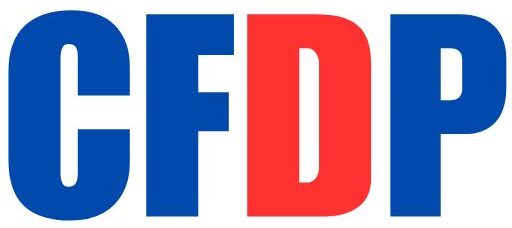It was announced early this year that there will be an increase in the national minimum wage come April 2025. Such a move, which would mostly affect the many workers across the country, was geared towards addressing the significantly increasing cost of living and ensuring that fair work is being rewarded. Find out all about the update.
Key Changes to the Minimum Wage
Effective April 2025, the hourly rates will be:
- National Living Wage (23 years and over): £12.50 (from £11.68)
- 21-22-year-old rate: £11.20
- 18-20-year-old rate: £9.10
- 16-17-year-old rate: £7.50
- Apprentice rate: £7.00
Unlike changes related to this increase, the latter strikes the most meaningful march for younger employees. It is in line with the movement that narrows differences between various age groups in terms of wage increases.
What This Means for Workers
A full-time worker who puts in 35 hours per week for the National Living Wage will obtain approximately £1,500 even on a pre-tax basis. Younger workers and apprentices are the ones that will primarily benefit from the marginal gains as they will ease financial pressures for the mandatory buying of daily needs.
What This Means for Employers
The employers must immediately change their payrolls so as to ensure they are not left behind in the case where the new rules come into effect before they are updated, in addition to setting budgets for these higher costs in the sectors where minimum wages predominate: the care and hospitality industries, and retail.
The Bigger Picture
The increase in the minimum wage is in line with current government goals to improve standard of living and reduce disparities in pay. Nevertheless, some small businesses are apprehensive that they might end up bearing the brunt of the increases, given the high other costs they incur in their day-to-day operations.
Preparing for the Change
Therefore, both workers and employers are advised to keep their ears open and take necessary steps with respect to the implementation an April next year. While employees should ensure they are paid proper rates, this also calls for audits in the employer’s payroll processes to eliminate issues.




